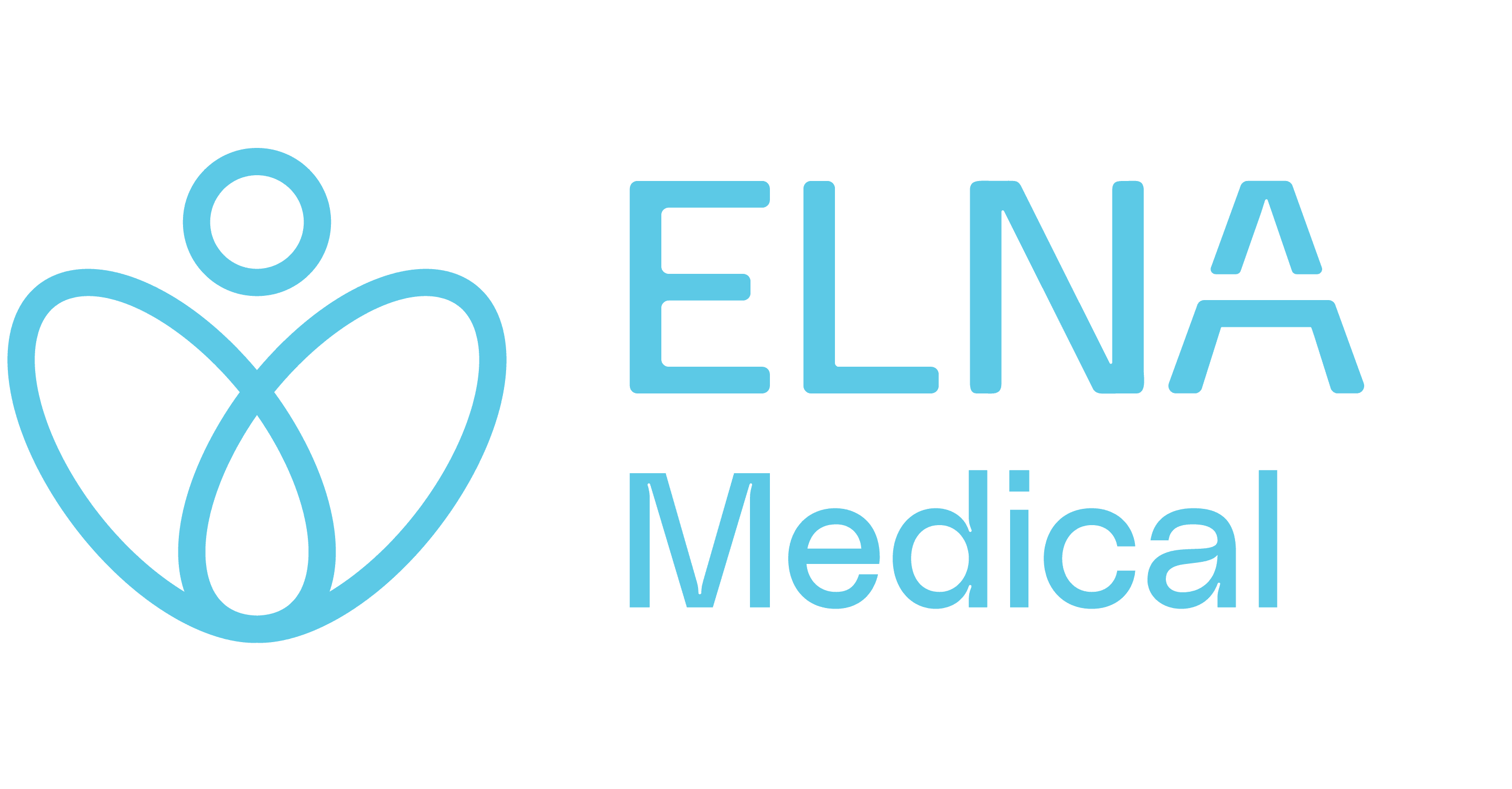October is Breast Cancer Awareness Month, which is the most common cancer among women in Canada1. Overall, the risk of a Canadian woman developing breast cancer during her lifetime is 1 in 8.
In Quebec, the Québec Breast Cancer Screening Program (PQDCS) recommends that women be screened every 2 years between the ages of 50 and 742.
At ELNA Medical, we are deeply committed to the fight against breast cancer and want to share important information to raise awareness and encourage prevention. In our article, discover the essentials about breast cancer and how to diagnose it.
- Causes and risk factors
- Signs and self-checking
- Mammography screening
- Québec BreastCancer Screening Program
For more information, contact an ELNA healthcare professional.
What causes breast cancer?
There is no single cause or trigger of breast cancer. In fact, certain risk factors can increase the likelihood of the disease:
- Age: The likelihood of breast cancer increases with age: at the age of 30, the risk of contracting the disease is 1 in 209; at the age of 50, the risk is 1 in 42; at the age of 70, the risk is 1 in 253.
- Family history: The risk is increased if a family member (mother, sister, daughter) has had breast cancer. Mutations in the BCR1 and BCR2 genes can cause breast cancer. There is a 50% chance that this mutation will be passed on to the child during conception. It is estimated that 5-10% of breast cancers are hereditary4.
- Hormonal exposure: Prolonged exposure to oestrogen, through hormonal contraception or hormone replacement therapy, can increase the risk.
- Early menarche and late menopause: Menopause that completes after the age of 55 increases the risk of breast cancer.
- Lifestyle: smoking, excessive alcohol consumption, physical inactivity and poor nutrition can all be risk factors.
- Obesity: Women who are overweight or obese after menopause have a slightly higher risk.
- High breast density: High breast density, as seen on a mammogram, is a potential risk factor.
For most women, the only risk factor is their age. Any concerns about this should be discussed with your doctor.
What are the signs of breast cancer?
Early detection is crucial to the successful treatment of breast cancer. Most major health organizations no longer recommend routine breast self-exams as a screening method for breast cancer. Instead, the focus has shifted to “breast self-awareness,” which encourages women to be familiar with the normal look and feel of their breasts without a formal, structured self-examination routine. It is therefore essential to be aware of potential symptoms, such as :
- A lump or mass in the breast: A firm, painless lump is often the first sign.
- Shape and size of the breast: The breast may swell, change shape and the nipple may retract inwards.
- Changes to the skin of the breast: Rash, redness, thickening or wrinkling of the skin.
- Nipple discharge: Bloody or clear discharge from the nipple.
- Pain in the breast: Although pain is not always present, it can be a symptom.
These changes can be early signs of breast cancer, but they can also indicate another non-cancerous condition. In fact, most of lumps are non-cancerous. However, a doctor should be consulted to pinpoint the exact cause of the lump.
Early detection of breast cancer by mammography

As you approach your fifties, it’s important to take an interest in mammography screening. Breast mammography uses X-ray technology to detect abnormalities, such as lumps or calcifications, before they become palpable. This is the only screening test that can reduce the number of deaths from breast cancer. It offers several advantages:.
- Early detection: Mammography can identify problems before they even become noticeable.
- Non-invasive treatment options: Early detection offers a wider range of options, often less invasive than heavy treatments such as chemotherapy.
- Reduced mortality: Regular mammography reduces the risk of death from breast cancer.
- Covered by the RAMQ: In Quebec, the provincial health insurance scheme covers mammography, and has even launched a special programme to encourage women to undergo regular screening.
Québec Breast Cancer Screening Program
From the age of 50 to 74, women in Quebec covered by the RAMQ receive an invitation letter every 2 years, which is in fact a personalized medical prescription. This allows them to have a screening mammogram at one of the Designated Screening Center (CDD), without going to a doctor. If you haven’t received a letter of invitation, you may not meet certain eligibility requirements. Talk to your doctor.
Our radiology partner Radimed is part of the Designated Screening Center (CDD) and offers screening mammography in Westmount, Pointe-Claire and Pierrefonds. Contact Radimed to find out more.
Why you should talk to your doctor?
In addition to the mammograms offered as part of the Québec program, there are several ways in which a healthcare professional can help you. Don’t hesitate to consult a physician at ELNA for personalized advice and support:
- Early screening: Depending on your medical and family history and other risk factors, a physician may examine your breasts for lumps or abnormalities, and prescribe a mammogram before the age of 50.
- Education and awareness: Your doctor will inform you about potential symptoms, risk factors and lifestyle choices to minimize your risk.
- Emotional support: If cancer is detected, your doctor will listen to you, offer ongoing support and refer you to resources such as support groups or mental health specialists.
- Treatment and follow-up: Your doctor will work with a multidisciplinary team to develop a personalized treatment plan (surgery, chemotherapy, radiotherapy, etc.), while providing follow-up care throughout your treatment. They may also prescribe additional tests (ultrasounds, biopsies) and refer you to an oncologist.
Don’t hesitate to contact our clinics if you have any questions about breast cancer and screening options. Your health is our priority.
Sources | 1 : Canadian Cancer Society – Breast cancer 2 : Québec Health – Québec Breast Cancer Screening Program | 3 : Canada Health – Breast cancer and your risk | 4 : Canadian Cancer Society – Risk factors















